Matching Information IELTS Reading Answers
Table of Contents
Limited-Time Offer : Access a FREE 10-Day IELTS Study Plan!
Matching information:
Sample reading passage:
| Plants are not the only things who capture the power of the sun. Humans can turn sunlight into electricity with solar cells. A solar cell collects the power of the sun and stores it. Then, this power can be used to run anything that uses electricity: cars, computers, or homes. Besides all these amazing things, the sun also helps us to do something very simple, but needed. Without the sun, we would not be able to see anything! The sun also helps people to be healthy and strong. It acts as a natural cleaner for our skin. The sun can help kill harmful bacteria that live on our skin. And the sun helps our bodies produce vitamin D. People need vitamin D to have strong bones. The sun can also improve our mental health. In places where the sun doesn’t shine, people can suffer from seasonal affective disorder. This is a kind of depression. People with seasonal affective disorder do not have energy and feel sad. They are treated by sitting near a special light. But nothing is as good as being in real sunlight. Sunlight can help prevent depression and keep people happy. When the sun is shining, people have more hope about the future
Questions:
Information to match:
Answers:
Explanation: For question 1, we find in the passage that “solar cell collects the power of the sun and store it. Then, this power can be used to run anything that uses electricity: cars, computers, or homes.” So the answer is B. For question 2, we find in the passage that “People need vitamin D to have strong bones.” So the answer is A. For question 3, we find in the passage that “People with seasonal affective disorder do not have energy and feel sad. They are treated by sitting near a special light. But nothing is as good as being in real sunlight. Sunlight can help prevent depression and keep people happy.”. In our options it says” Cures depression” . If you know that “cure” is a synonym of “treat” , you would be able to match C with question 3, this is where vocabulary plays a major role in reading. |
Matching Features:
Sample reading passage:
| In Britain, a London merchant named Thomas Boreham produced Cajanus, The Swedish Giant in 1742, while the more famous John Newbery published A Little Pretty Pocket Book in 1744. Its contents – rhymes, stories, children’s games plus a free gift (‘A ball and a pincushion’)——in many ways anticipated the similar lucky-dip contents of children’s annuals this century. It is a tribute to Newbery’s flair that he hit upon a winning formula quite quickly, to be pirated almost immediately in America. So the moral story for children was always threatened from within, given the way children have of drawing out entertainment from the sternest moralist. But the greatest blow to the improving children’s book was to come from an unlikely source indeed: early 19th century interest in folklore. Both nursery rhymes, selected by James Orchard Halliwell for a folklore society in 1842, and collection of fairy-stories by the scholarly Grimm brothers, swiftly translated into English in 1823,soon rocket to popularity with the young, quickly leading to new editions, each one more child-centered than the last.
Questions:
Information to match:
Answers:
Explanation: For question 1, we find in the passage that “Thomas Boreham produced Cajanus, The Swedish Giant in 1742,.” So the answer is B. For question 2, we find in the passage that “It is a tribute to Newbery’s flair that he hit upon a winning formula quite so quickly, to be pirated almost immediately in America.” So the answer is C. For question 3, we find in the passage that “collection of fairy-stories by the scholarly Grimm brothers, swiftly translated into English in 1823,soon rocket to popularity with the young”. So the answer is A. |
Matching sentence endings:
Sample reading passage:
| Meanwhile, the evaporated water was falling back to Earth as rain. When the fresh water reached the oceans, it made them less saline. With less salt in it to act as an antifreeze, parts of the ocean that would not normally freeze began to turn to ice. ‘The ice reflects sunlight into space,’ says Ryan. ‘The planet cools. Do you drive yourself into an ice age? Eventually; a small breach in the Gibraltar dam sent the process into reverse. Ocean water cut a tiny channel to the Mediterranean. As the gap enlarged, the water flowed faster and faster; until the torrent ripped through the emerging Straits of Gibraltar at more than 100 knots.
In the end, the rising waters of the vast inland sea drowned the falls and warm water began to escape to the Atlantic, reheating the oceans and the planet. The salinity crisis ended at about 5.4 million years ago. It had lasted roughly 400,000 years. For example, researchers have found salt deposits more than two kilometers thick — so thick, some believe, that the Mediterranean must have dried up and refilled many times. Questions:
Information to match:
Answers:
Explanation: For question 1, we find in the passage that “With less salt in it to act as an antifreeze” So the answer is B. For question 2, we find in the passage that “Do you drive yourself into an ice age? Eventually; a small breach in the Gibraltar dam sent the process into reverse.” So the answer is C. For question 3, we find in the passage that “the rising waters of the vast inland sea drowned the falls and warm water began to escape to the Atlantic, reheating the oceans and the planet”. So the answer is A. |
Also check :
Practice IELTS Reading based on question types
Start Preparing for IELTS: Get Your 10-Day Study Plan Today!
Explore other Reading Articles

Janice Thompson
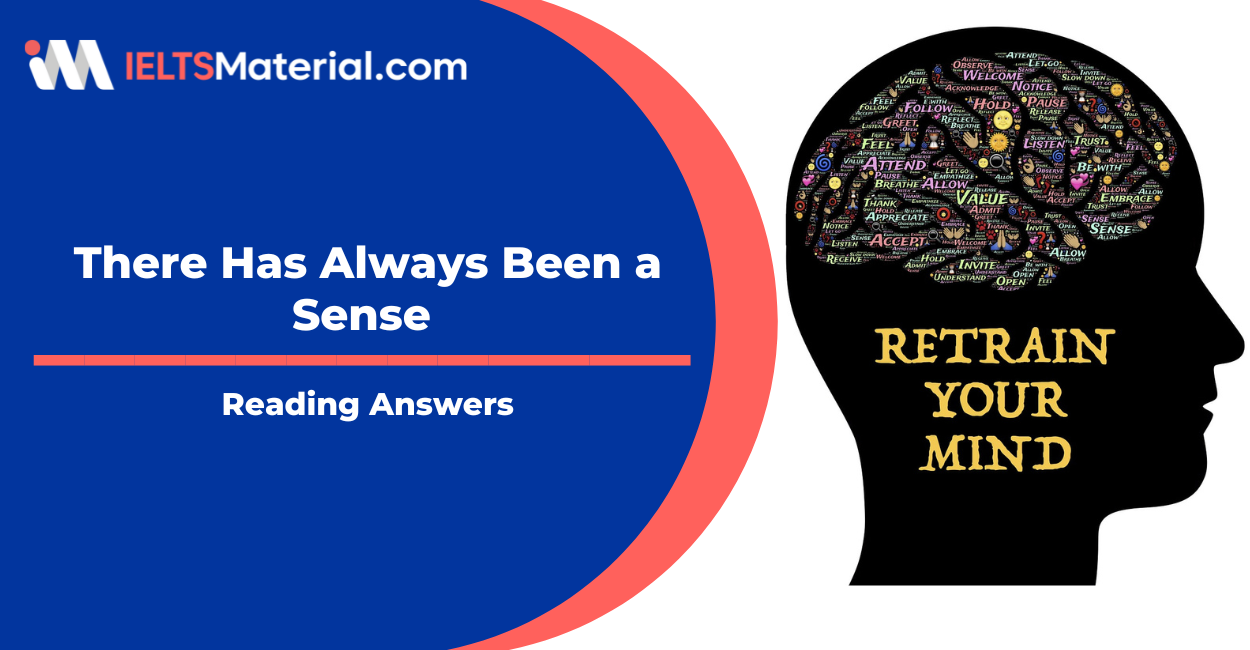
Janice Thompson
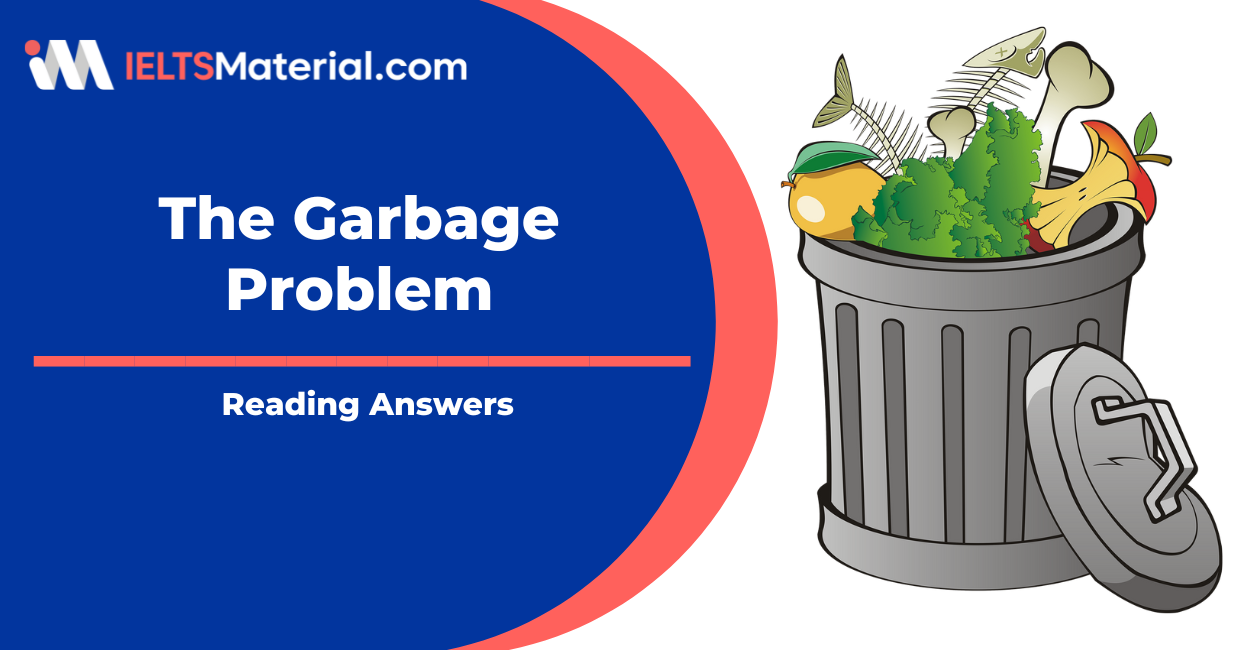
Janice Thompson
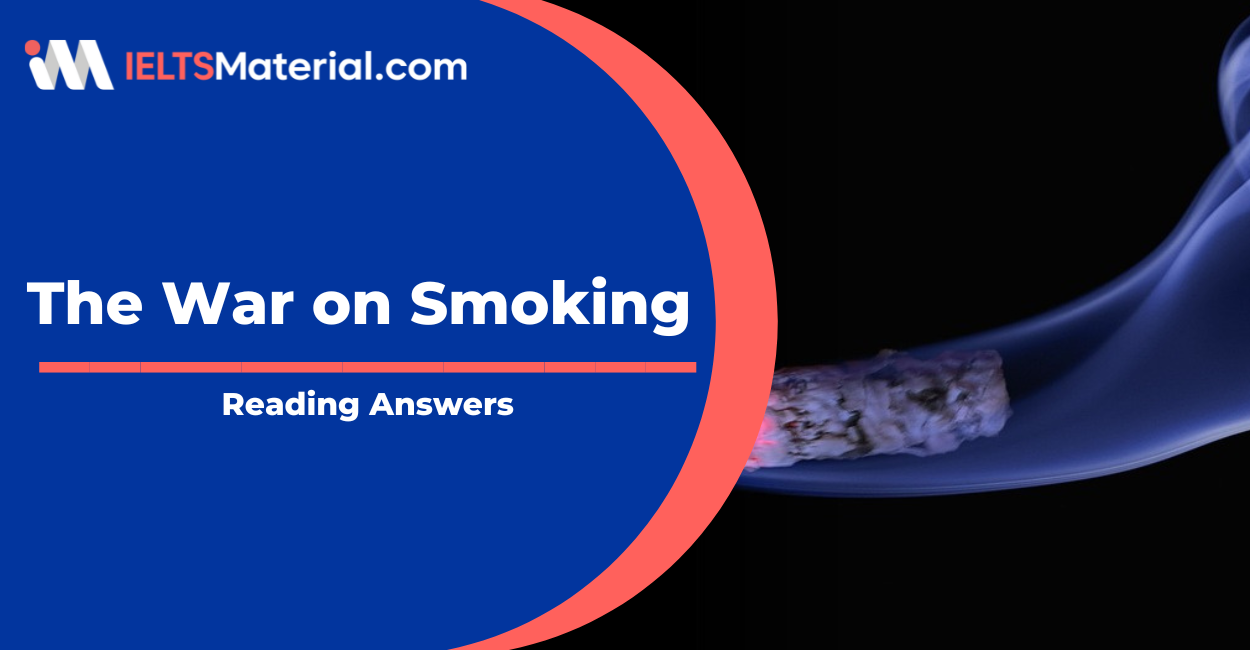
Janice Thompson
Recent Articles

Kasturika Samanta

Kasturika Samanta
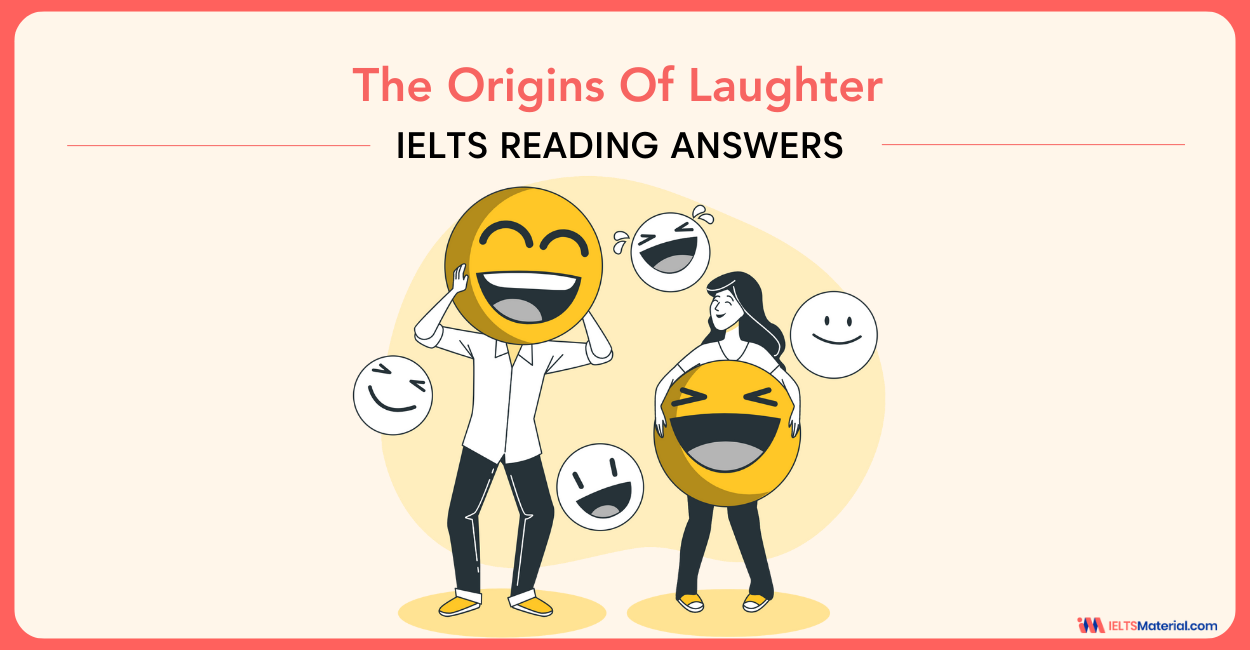
Janice Thompson
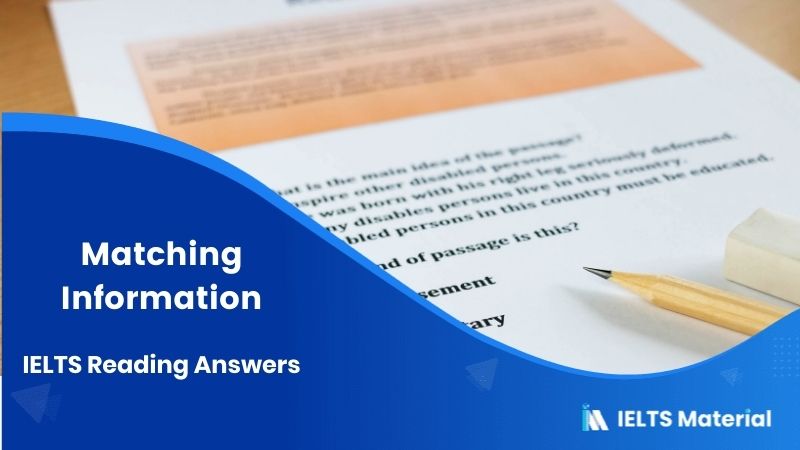



Post your Comments